ALBUQUERQUE, NEW MEXICO—An interdisciplinary team of 16 scientists has concluded that the disappearance of the Clovis culture could not have been caused by the collision of a meteor or a comet with the earth some 13,000 years ago. They cite the lack of an impact crater as a major blow to the case. “Despite more than four years of trying by many qualified researchers, no unambiguous evidence has been found [of such an event],” said physicist Mark Boslough of Sandia National Laboratories.
Scientists Say a Comet Did Not Wipe Out the Clovis Culture
News March 4, 2013
Recommended Articles
Artifacts July/August 2025
Maya Ceramic Figurine
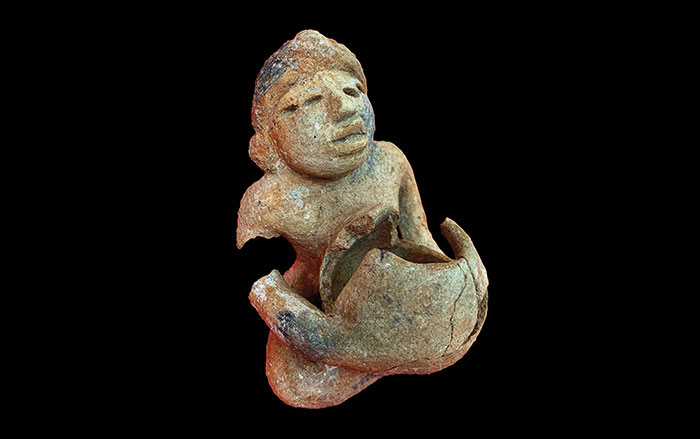
Off the Grid July/August 2025
Vichama, Peru
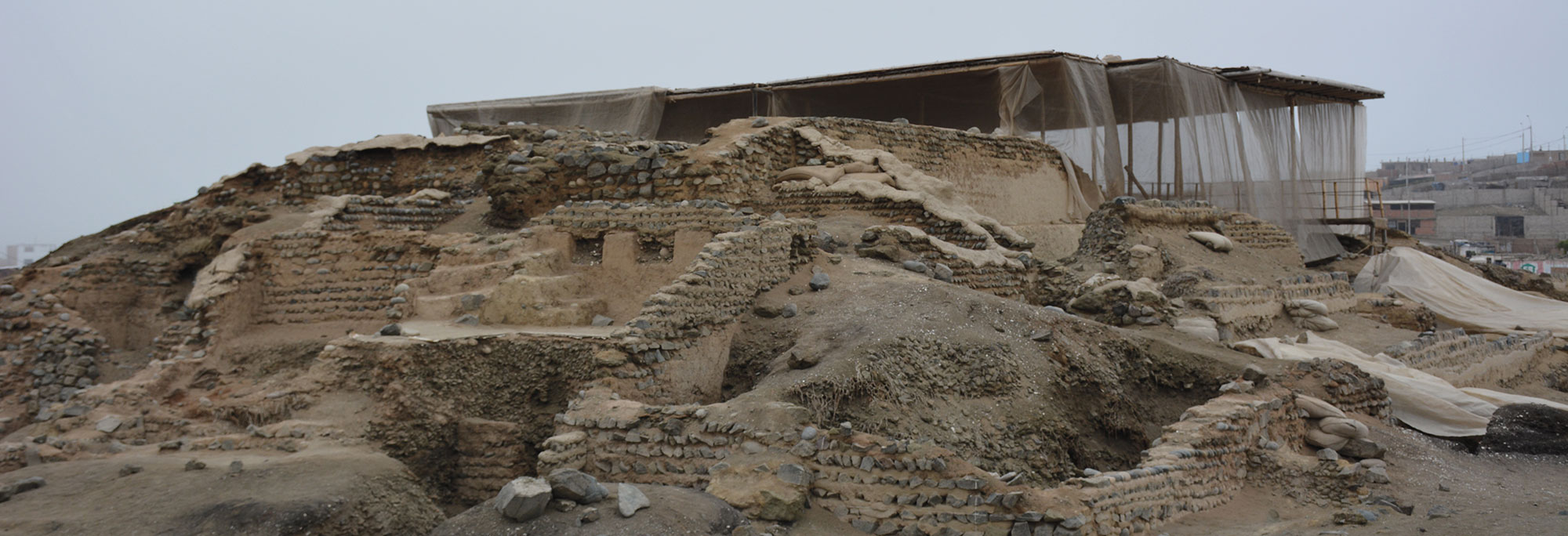
Digs & Discoveries July/August 2025
Bound for Heaven
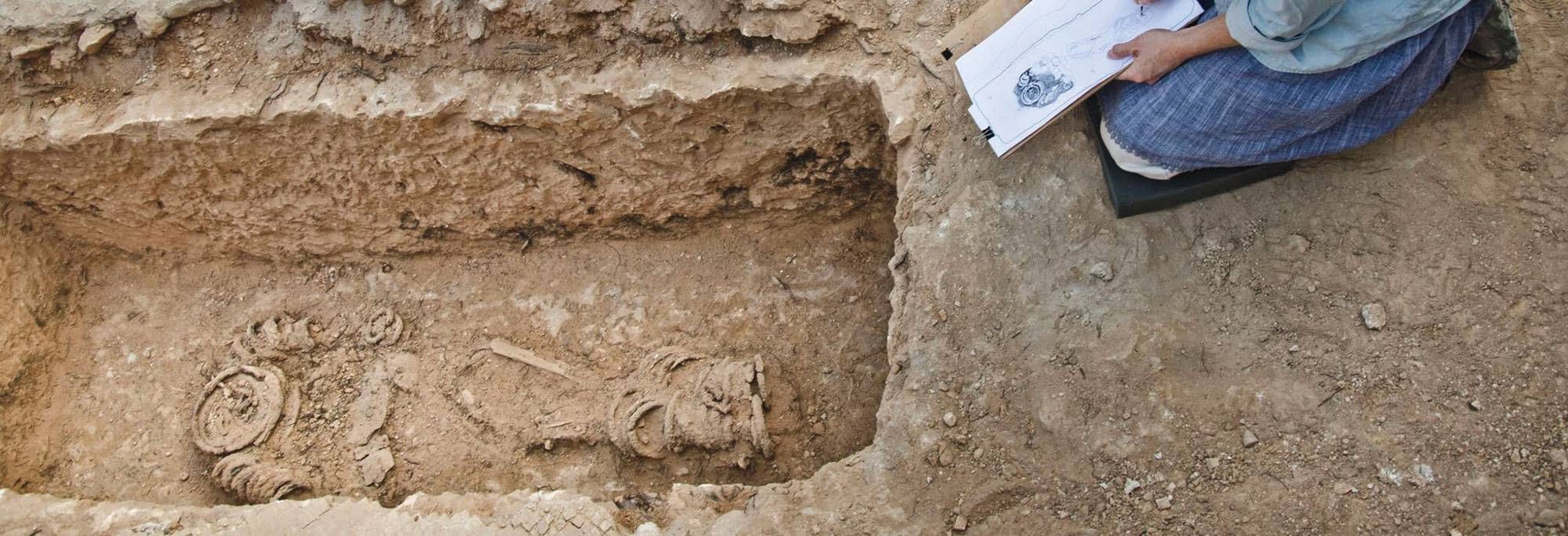
Digs & Discoveries July/August 2025
Saints Alive
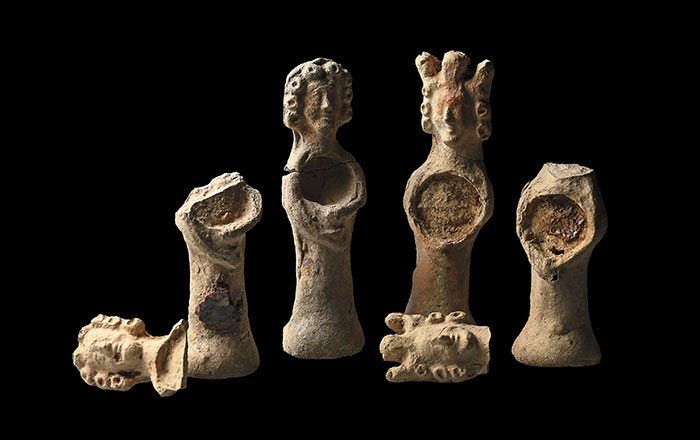
-
Features January/February 2013
Neolithic Europe's Remote Heart
One thousand years of spirituality, innovation, and social development emerge from a ceremonial center on the Scottish archipelago of Orkney
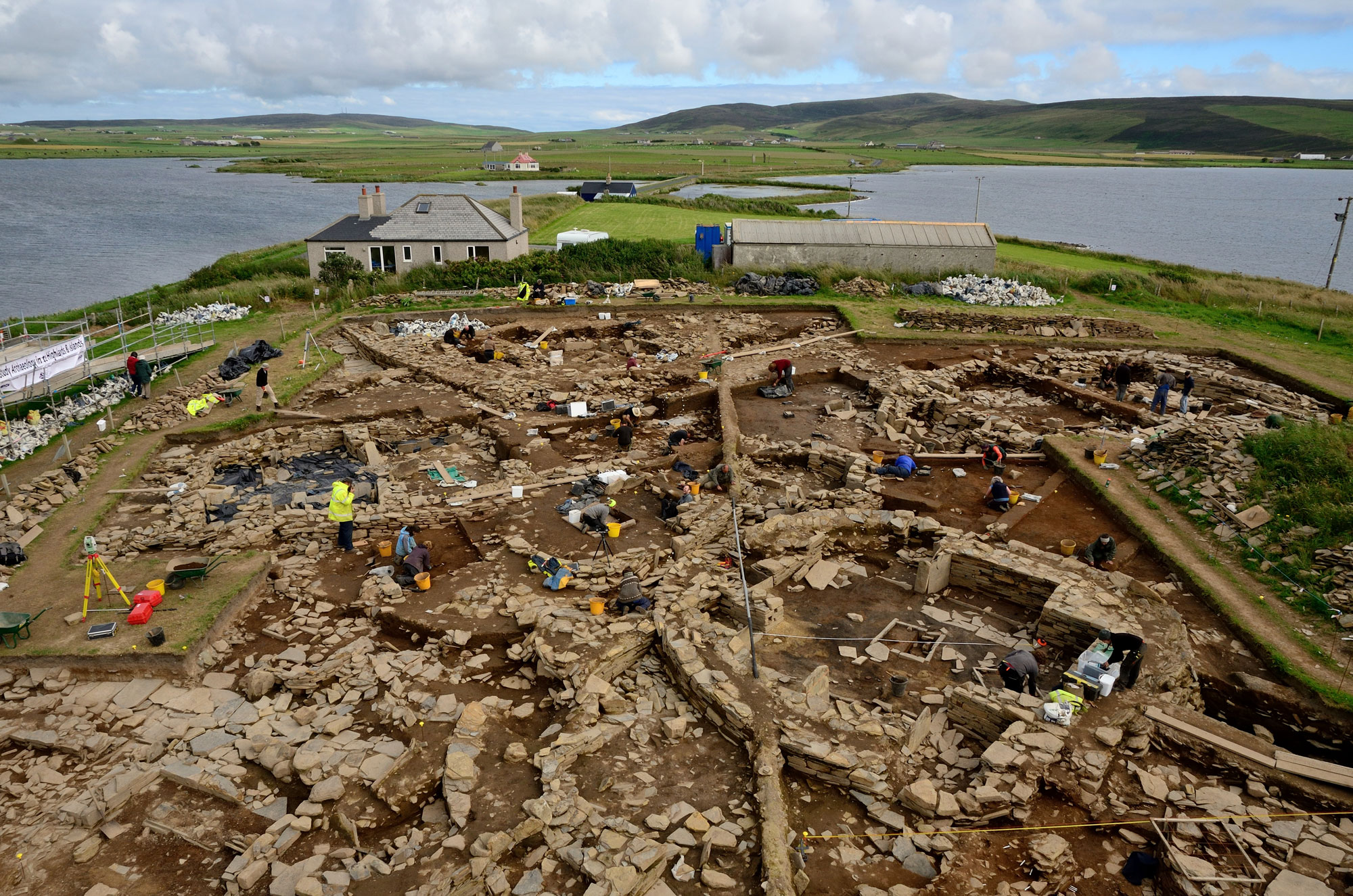 Adam Stanford/Aerial Cam
Adam Stanford/Aerial Cam -
Features January/February 2013
The Water Temple of Inca-Caranqui
Hydraulic engineering was the key to winning the hearts and minds of a conquered people
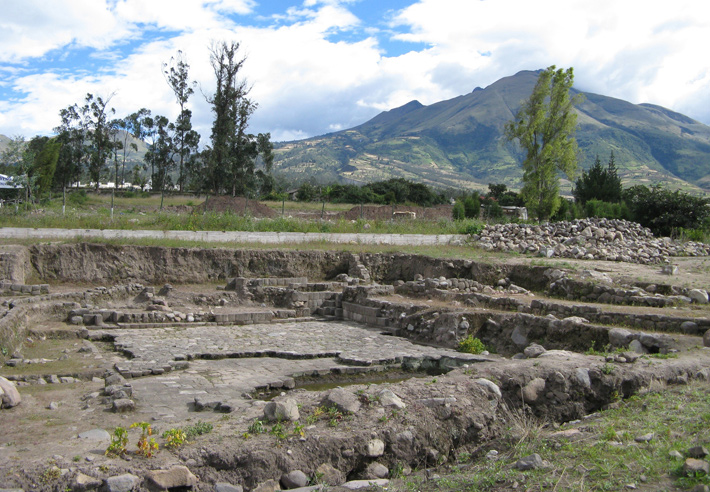 (Courtesy Tamara L. Bray)
(Courtesy Tamara L. Bray) -
Letter from France January/February 2013
Structural Integrity
Nearly 20 years of investigation at two rock shelters in southwestern France reveal the well-organized domestic spaces of Europe's earliest modern humans

-
Artifacts January/February 2013
Pacific Islands Trident
A mid-nineteenth-century trident illustrates a changing marine ecosystem in the South Pacific
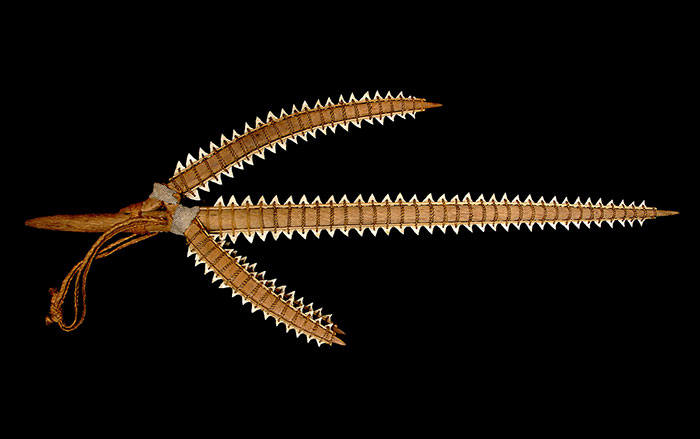 (Catalog Number 99071 © The Field Museum, [CL000_99071_Overall], Photographer Christopher J. Philipp)
(Catalog Number 99071 © The Field Museum, [CL000_99071_Overall], Photographer Christopher J. Philipp)

